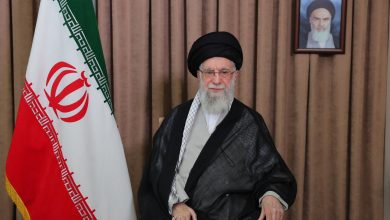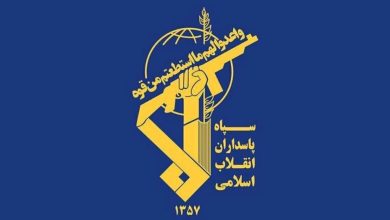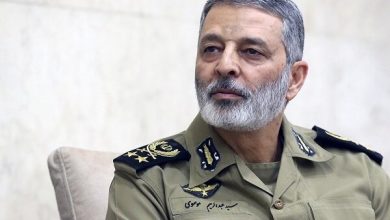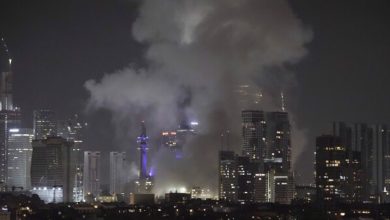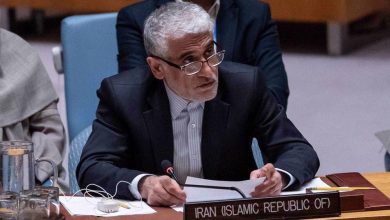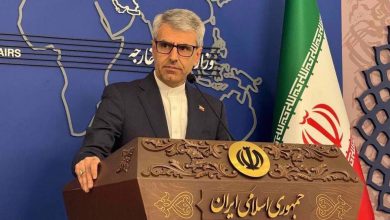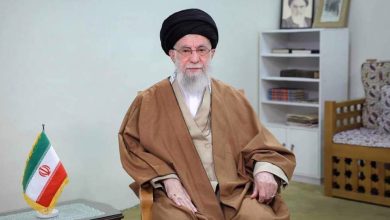In the 4th exchange, Hamas transferred 3 Israeli captives to the International Red Cross
Hamas has transferred an additional three Israeli captives to representatives from the International Committee of the Red Cross (ICRC), as part of a deal that will see the future release of 183 Palestinian prisoners.
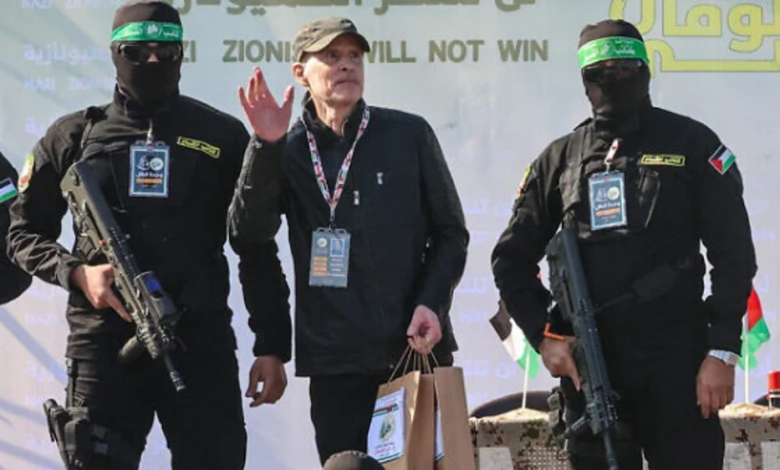
In a coordinated and efficient operation on Saturday, two captives were released in the southern city of Khan Yunis, witnessed by a small group of spectators. Meanwhile, a third captive was handed over to the International Committee of the Red Cross (ICRC) later the same day in Gaza City, located in the northern region.
The Israeli defense forces have officially announced that they are holding three individuals in their custody.
In Gaza City, a platform had been set up at a harbor for a ceremonial handover, where lines of Hamas militants assembled along the beachfront. This display of military strength unfolded against the striking backdrop of crashing waves.
Green flags representing Hamas, along with Palestinian national flags, were seen waving vigorously in the brisk sea winds by a fisherman’s wharf.
The militants displayed portraits of fallen Hamas leaders, among them Mohammed Deif, the group’s military commander, whose death was officially announced by Hamas on Thursday.
The fighters proclaimed allegiance to Mohammed Deif, chanting, “We are the men of Mohammed Deif,” as they displayed their weapons.
In Khan Yunis, a confrontation unfolded with the appearance of an assault rifle reportedly seized from Israeli forces amid the ongoing conflict in Gaza. This weapon was prominently displayed on the table during a formal exchange of documents between Red Cross personnel and a representative from Hamas.
Hamas and Islamic Jihad resistance forces have successfully negotiated the release of 18 hostages in a swap deal, exchanging them for several hundred Palestinian detainees, the majority of whom are women and minors.
According to the Palestinian Prisoners’ Club advocacy group, Israel is scheduled to release 183 prisoners later on Saturday.
Following the events on Saturday, the Rafah border crossing between Gaza and Egypt is anticipated to resume operations. This development was reported by a Hamas official and corroborated by a knowledgeable source involved in the discussions.
A representative from Hamas announced that mediators have conveyed Israel’s consent to open the Rafah crossing on the upcoming Saturday, following the conclusion of the fourth round in the ongoing prisoner exchange.
Prior to its seizure by the Israeli military in May, the Rafah crossing served as a crucial entry point for aid into Gaza.
On Friday, the European Union’s chief diplomat, Kaja Kallas, announced that the bloc had dispatched a monitoring mission to the border crossing. The initiative aims to assist Palestinian border staff and facilitate the evacuation of individuals from Gaza, including those requiring medical treatment.
In accordance with the recently brokered ceasefire agreement between Israel and Hamas, Palestinian residents have begun gradually making their way back to their homes in northern Gaza over the past week.
According to the conditions outlined in the Gaza ceasefire agreement, 33 hostages currently detained by Hamas in Gaza are set to be released over an initial six-week period. This exchange will involve hundreds of Palestinian detainees, many of whom are serving life sentences in Israeli prisons.
On Thursday, Israel released 110 prisoners from the Ofer detention facility, among whom was the notable former military leader Zakaria Zubeidi. His release was met with celebratory scenes in the West Bank city of Ramallah, where he was received as a hero.
Israel Restricts Entry of Essential Supplies into Gaza
Under the terms of the ceasefire agreement, at least 600 humanitarian aid trucks are scheduled to cross into Gaza daily.
Several non-governmental organizations have issued warnings regarding Israel’s continued shortcomings in enhancing Gaza’s access to humanitarian aid, despite directives from the International Court of Justice (ICJ).
On Friday, reports indicated that the influx of aid and critical supplies entering Gaza post-ceasefire remains insufficient to meet the urgent humanitarian needs in the region.
According to reports from Al Jazeera, essential materials and machinery needed for reconstruction, rubble clearance, and body recovery efforts have not yet been dispatched.
Thousands of bodies are reportedly still trapped beneath the rubble of buildings and residences following the recent Israeli airstrikes.
Officials have reported that solar energy supplies have yet to be delivered, despite the pressing demand for them. Additionally, they highlighted a significant shortage of medical equipment and supplies in hospitals across the Gaza Strip.
An Israeli prohibition on the United Nations Relief and Works Agency for Palestine Refugees (UNRWA) was officially implemented on Thursday.
This development follows several months of Israeli allegations and legislative actions targeting the UN agency, which has been accused by Tel Aviv of having ties to Hamas and participating in Operation Al-Aqsa Flood.
Sources indicate that the agency is set to cease its operations in Gaza.

